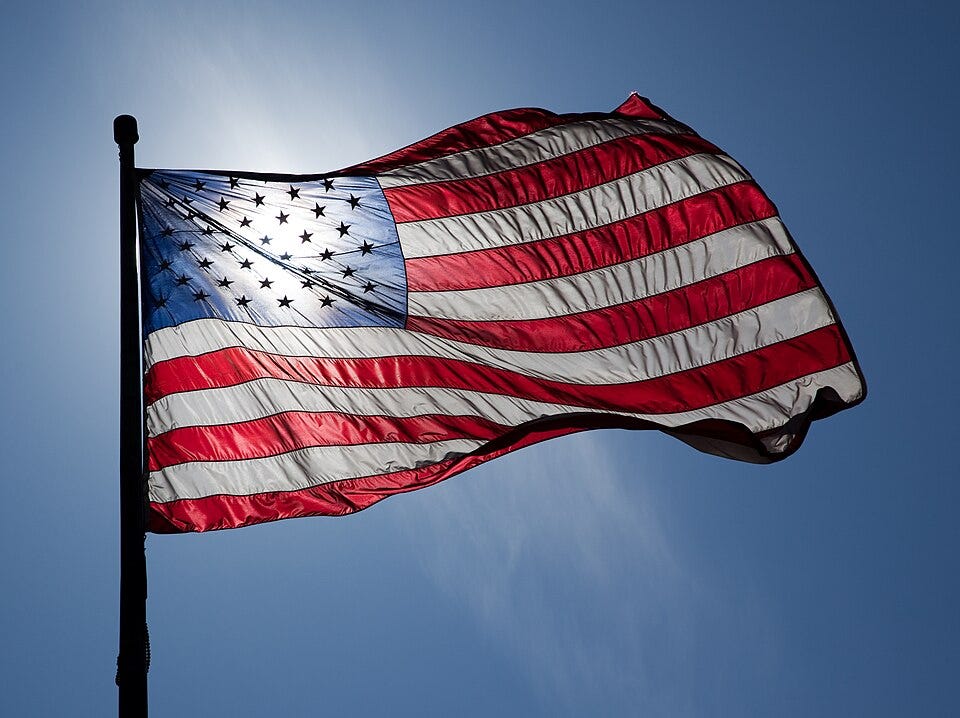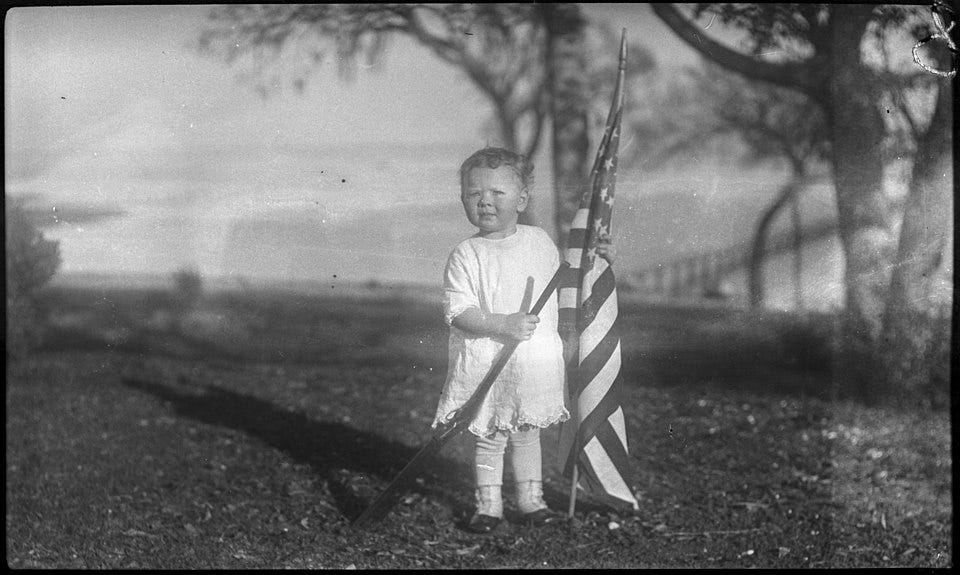Listen, my children . . .
It’s a poem all school kids once knew.
On the eighteenth of April, in Seventy-Five:
Hardly a man is now alive
Who remembers that famous day and year.
Longfellow wrote “Paul Revere’s Ride” in 1860, eighty-five years after what he called “the bloody work” at Lexington Common. The clash there started a war that changed the world.
Revere rode out with the warning on the night of April 18. Minutemen faced British redcoats at dawn. Shots shattered the quiet. Eight American patriots lay dead.
You know the rest, Longfellow wrote. The British, intent on disarming American militiamen and arresting a few rabble-rousers, had dispatched seven hundred soldiers toward Concord in the early hours. Revere and others alerted the country people. Following the skirmish at Lexington, only a few arms and no prominent agitators were taken. On their march back to Boston, the “regulars” were fired on by militiamen and farmers, who killed more than seventy of the king’s soldiers.
This April 19, we celebrate the 250th anniversary of the event. It is the beginning of the commemoration of the birth of the United States, an affirmation that our country has endured for a quarter of a millennium.
The occasion comes at a strange time in our history. Questions are being raised about basic values like tolerance, citizenship, and the equality of law and opportunity that we have always taken as our birthright. We are today less certain about our basic freedoms — the right to speak out, to peaceably assemble, to rely on due process. Accounts of our history are being twisted by government dictates.
April 19 is a state holiday known as Patriots’ Day in Massachusetts and Maine. What is a patriot? The idea has always included a superficial layer of posturing, bluster, and flag-waving. But below that lies a more profound sentiment, a deep attachment to a place, to fellow citizens, to shared principles, values and traditions. Patriotism entails a duty to be informed, to care, and, when needed, to act for the greater good.
History can be instructive. The men who confronted the ruling authorities at Lexington were described as “embattled farmers.” They were not soldiers — they were ordinary citizens insisting on their rights. They assembled in their own town, among their own people.
The essentially American aspect of Lexington is not the “shot heard round the world,” not the violence and death, but the willingness to stand up. In the face of a powerful authority, to say no. No, we will not be pushed around. No, we will not be ruled by a monarch. We will rule ourselves.
They paid for their courage. Robert Munroe, sixty-three years old, died in the first volley. Jonas Parker was shot, fell, shot back, and as he tried to reload was killed by a redcoat’s bayonet thrust. Jonathan Harrington, a thirty-year-old with two children, took a bullet in the chest and died within sight of his house on the Common. Their stance, Longfellow wrote, was a cry of defiance, and not of fear.
Today, many ask: How can I assure that the ideals long cherished by Americans live on? Somehow we, like the patriots of that distant time, have to take a stand. We have to demand that power remain with the people, that all persons be given a say in this country regardless of their wealth or connections. We must be sure that we remain a country of laws under the Constitution. We must demand that our freedoms be protected and expanded, not whittled away.
We also need the courage to take a clear view of our history. Patriotism is a balance between pride and humility. We are proud of our nation’s achievements, humbled by those failings that have stained our past, and determined to do better in the future. We can never look away or bury our history in myth.
America has endured because her people have stood up when it counted. Individually and together, they have not shirked. They have not left it to future generations to face the hard fight. They have battled foreign enemies. They have stood up for causes — marched, walked picket lines, and gone to jail for justice. They have made their voices heard.
Longfellow wrote further about his hope that —
Through all our history, to the last,
In the hour of darkness and peril and need,
The people will waken . . .
Despair is not an option for Americans. We have always been a hopeful country. Even for those who were scorned and neglected, there was a hope that with effort and struggle, a better life was possible. That hope remains alive today in the hearts of patriots.







To commemorate the actions of earlier patriots, stand with your fellow citizens on Saturday April 19. There are many protests taking place all over the country. Protest the rising oligarchy, the perversion of our nation's history, and theft of our future.
Thank you, Jack, for a stirring reminder of what true patriotism means.